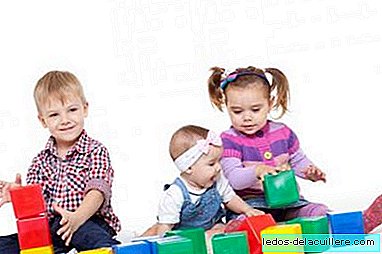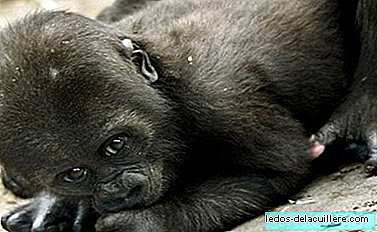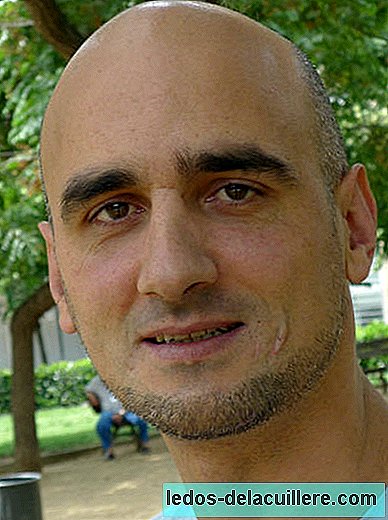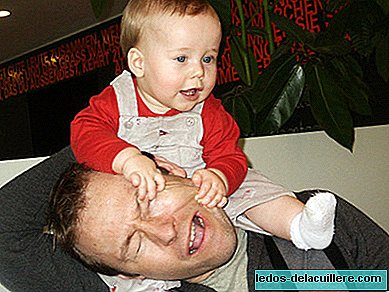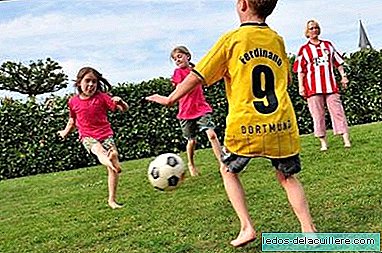
Regular practice of physical exercise reduces allergic symptoms in children, but many of them limit their sports activities for fear of suffering asthma attacks, according to a study conducted by the University of Cagilari in Italy and published in the latest issue of "Pediatric Allergy Immunology".
Even a third of children with asthma problems could avoid exercise. Therefore, the Spanish Society of Pediatric Allergy and Clinical Immunology (SEICAP) recommends that you go to a pediatric allergist to prescribe preventive treatment and guidelines that allow the allergic child to maintain a normal life, including sports.
If physical exercise offers positive effects for the cardiovascular, respiratory and muscular system, in the case of allergic children the benefit is even greater, since a regular physical activity It acts beneficially on the immune system and can reduce allergic inflammation.
Although according to two works carried out in Granada and Elche and presented at the last SEICAP congress, one in five asthmatic children may have problems performing physical exercises, so they should receive adequate treatment to resolve this limitation.
Then, children with asthma should not be isolated or prevented when practicing sports and the specialist should be consulted so that, after individualized treatment, children are able to participate in physical and sports activities as a healthy child would.
Sport and asthma: factors to consider
The conditions of the site where the activity is practiced can expose children to allergens that can cause reactions such as anaphylaxis, cough, wheezing, respiratory distress and chest pain or pressure.
Factors such as cold air, humidity, grass fields or dusty enclosures can aggravate the symptoms of those children who suffer from allergic asthma and cause them a crisis.
The study also indicates that certain materials used during physical exercise such as tatamis or mats may contain latex or dust mites that may aggravate the symptoms of these patients.
During pollination, it may be convenient to exercise in an enclosed area.
Pediatric allergists recognize that there are most recommended physical activities like those in which the effort is progressive and there are more breaks, such as tennis, volleyball, martial arts or swimming.
In any case they advise that the child practice the sport that he likes the most, performing stretching exercises and gradual warming up before starting. But physical activity and respiratory allergies are not incompatible, but they could be recommended if they are carried out without risks and advised by professionals.



